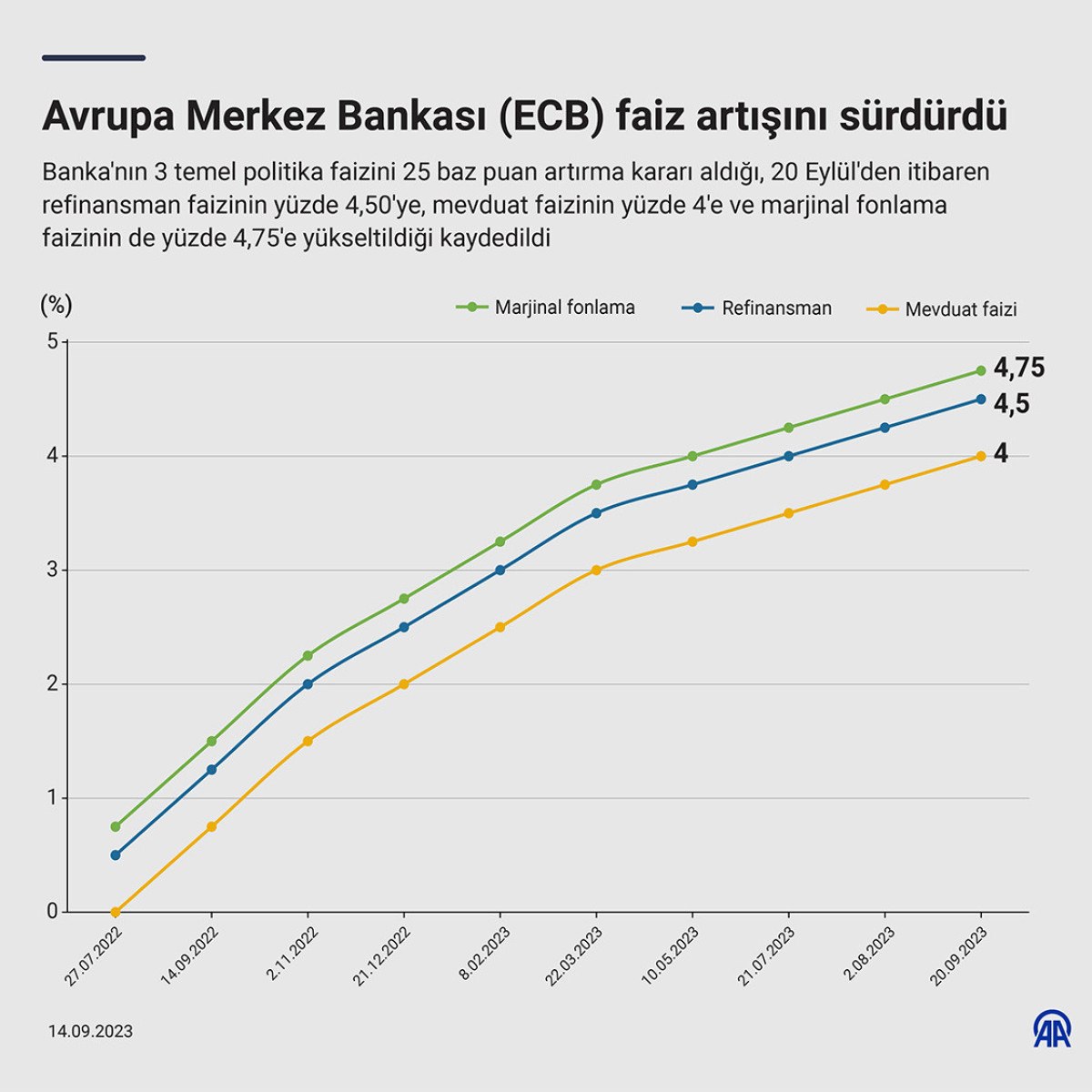Collaboration And Growth: The Future Of Bangladesh-Europe Relations

Table of Contents
Booming Bilateral Trade and Investment
The EU is a major trading partner for Bangladesh, with significant potential for further expansion. Bangladesh exports to the EU, primarily in the Ready-Made Garments (RMG) sector, contribute substantially to the Bangladeshi economy. However, the potential for diversification is vast.
-
Beyond RMG: The pharmaceutical industry, leather goods, and jute products offer significant opportunities for increased exports to the EU. These sectors possess the potential for substantial growth with the right investment and support. Developing high-value-added products within these sectors will enhance competitiveness in the European market.
-
Trade Agreements and Investment: Existing and future trade agreements between Bangladesh and the EU will play a pivotal role in streamlining trade procedures and reducing barriers. This will encourage increased EU investment in Bangladesh, fostering economic growth and job creation. Access to the EU's vast market will incentivize further investment in manufacturing and infrastructure.
-
Infrastructure and Logistics: Improving trade infrastructure and logistics, including port capacity, transportation networks, and customs procedures, is vital for optimizing trade flows and attracting further investment. Addressing these logistical challenges will be key to realizing the full potential of bilateral trade. Efficient supply chains will also boost competitiveness.
-
Business Opportunities: For European businesses, Bangladesh presents numerous attractive investment opportunities, driven by a young, growing population and a burgeoning consumer market. The business-friendly environment, coupled with government incentives, is attracting a growing number of European investors.
Development Partnerships and Sustainable Growth
The EU's commitment to sustainable development is evident in its substantial development assistance to Bangladesh. This cooperation is closely aligned with the Sustainable Development Goals (SDGs), focusing on key areas vital for Bangladesh's progress.
-
Poverty Reduction and Climate Change: Collaborative efforts are underway to combat poverty, improve healthcare, and enhance resilience to climate change impacts, including disaster risk reduction. Adaptation measures are crucial in a country highly vulnerable to climate change effects.
-
Successful Development Projects: Numerous successful projects demonstrate the effectiveness of EU-Bangladesh collaboration. These initiatives have contributed significantly to improving education, healthcare, and infrastructure, thereby directly impacting the lives of many Bangladeshi citizens. Examples include initiatives focusing on rural development, empowering women, and promoting good governance.
-
Civil Society Engagement: Civil society organizations and NGOs play a vital role in implementing development projects and ensuring their effectiveness. Their local expertise and community engagement are invaluable in achieving sustainable and impactful outcomes.
-
Aligning Development Assistance: Future strategies must focus on aligning development assistance with Bangladesh's national priorities and ensuring ownership by the Bangladeshi government and people. This approach ensures that aid is truly impactful and contributes to long-term sustainable development.
Technological Collaboration and Skill Development
The potential for technological collaboration between Bangladesh and the EU is immense. This collaboration can drive economic growth and job creation, particularly in the rapidly expanding digital economy.
-
High-Growth Sectors: Key areas for collaboration include ICT, renewable energy, and agricultural technology. The transfer of technology and expertise in these areas can transform various sectors of the Bangladeshi economy.
-
Skill Development Programs: Investing in skill development programs is crucial to harness the potential of technological advancements. Training programs focused on digital literacy, data analytics, and green technologies will equip the workforce with the necessary skills for the future.
-
Knowledge Sharing and Technology Transfer: Joint research projects, educational programs, and technology transfer initiatives will facilitate knowledge sharing and promote innovation. This will cultivate a culture of innovation and entrepreneurship in Bangladesh's technology sector.
-
Fostering Innovation and Entrepreneurship: Creating an enabling environment that encourages innovation and entrepreneurship is essential. This includes improving access to funding, mentorship, and networking opportunities for tech entrepreneurs.
Strengthening Political and Diplomatic Ties
Strong political and diplomatic ties are the foundation for a successful partnership. Regular dialogue and high-level meetings are essential for building mutual trust and understanding.
-
EU-Bangladesh Dialogue: The ongoing dialogue between the EU and Bangladesh provides a platform for discussing a wide range of issues, including political cooperation, trade, and development. These discussions are vital for addressing mutual concerns and opportunities.
-
Regional and Global Issues: Collaboration on regional and global issues such as climate change, security, and human rights is essential. Joint efforts in these areas not only benefit both regions but also contribute to global stability and peace.
-
Human Rights, Democracy, and Rule of Law: Enhanced collaboration on promoting human rights, democracy, and the rule of law is vital for strengthening the partnership further. Respect for these principles is essential for sustainable and equitable development.
-
Multilateral Institutions: Multilateral institutions such as the UN play an important role in facilitating cooperation and coordinating efforts between Bangladesh and the EU.
Conclusion
The future of Bangladesh-Europe relations hinges on continued collaboration and a shared commitment to sustainable growth. By leveraging their respective strengths and addressing existing challenges, both sides can forge a significantly stronger partnership. The potential for enhanced bilateral trade, impactful development partnerships, and transformative technological collaboration is immense. Strengthening these ties will not only benefit both regions but also contribute significantly to global development goals. Let's work together to further expand the scope and depth of Bangladesh-Europe relations, unlocking the full potential of this vital partnership for the benefit of all.

Featured Posts
-
 Amsterdam Stock Market Slumps 7 At Opening Trade War Impact
May 25, 2025
Amsterdam Stock Market Slumps 7 At Opening Trade War Impact
May 25, 2025 -
 80 Millio Forintert Felvertezett Porsche 911
May 25, 2025
80 Millio Forintert Felvertezett Porsche 911
May 25, 2025 -
 Positief Beurzenklimaat Na Trump Uitstel Aex Prestaties
May 25, 2025
Positief Beurzenklimaat Na Trump Uitstel Aex Prestaties
May 25, 2025 -
 Avrupa Borsalari Ecb Faiz Kararindan Sonra Nasil Etkilendi
May 25, 2025
Avrupa Borsalari Ecb Faiz Kararindan Sonra Nasil Etkilendi
May 25, 2025 -
 Facing Retribution The High Cost Of Challenging The Status Quo
May 25, 2025
Facing Retribution The High Cost Of Challenging The Status Quo
May 25, 2025
Latest Posts
-
 How Canada Posts Problems Are Creating Opportunities For Competitors
May 25, 2025
How Canada Posts Problems Are Creating Opportunities For Competitors
May 25, 2025 -
 Canada Posts Decline A Boon For Competing Delivery Companies
May 25, 2025
Canada Posts Decline A Boon For Competing Delivery Companies
May 25, 2025 -
 Alternative Delivery Services Thrive Amidst Canada Post Challenges
May 25, 2025
Alternative Delivery Services Thrive Amidst Canada Post Challenges
May 25, 2025 -
 Canada Post Struggles Fuel Growth For Alternative Delivery Services
May 25, 2025
Canada Post Struggles Fuel Growth For Alternative Delivery Services
May 25, 2025 -
 Urgent Flash Flood Warning For Hampshire And Worcester Counties Thursday
May 25, 2025
Urgent Flash Flood Warning For Hampshire And Worcester Counties Thursday
May 25, 2025
